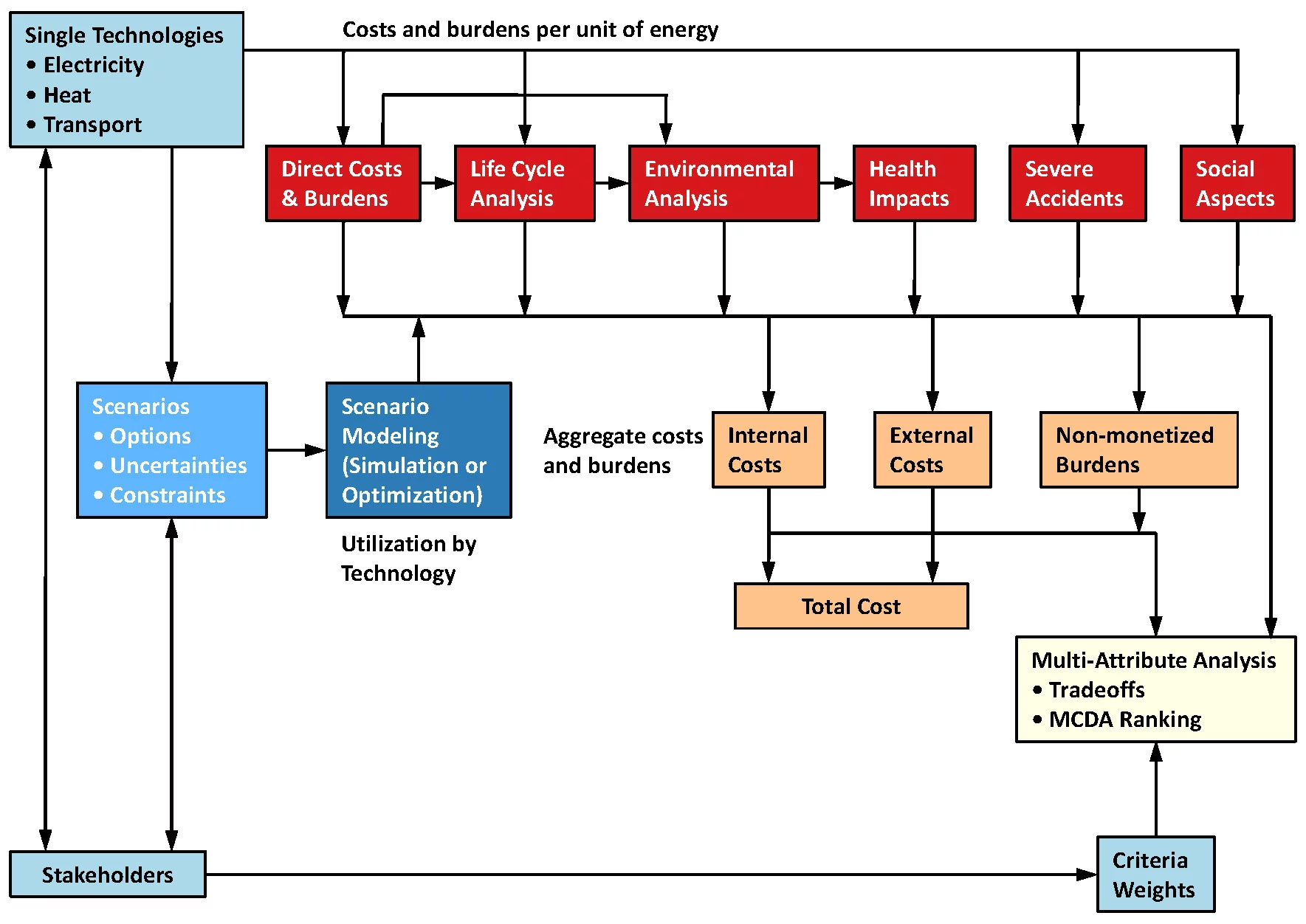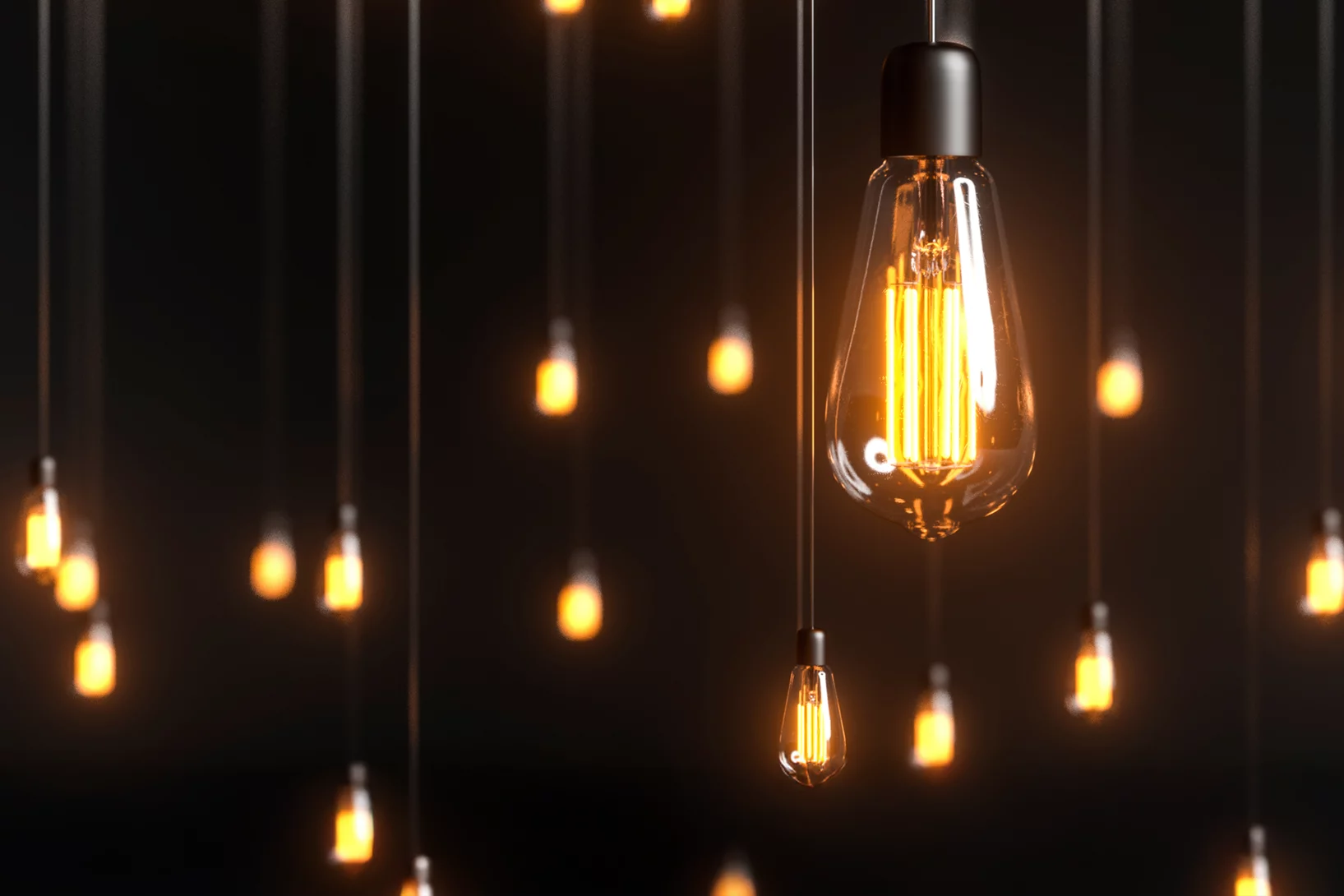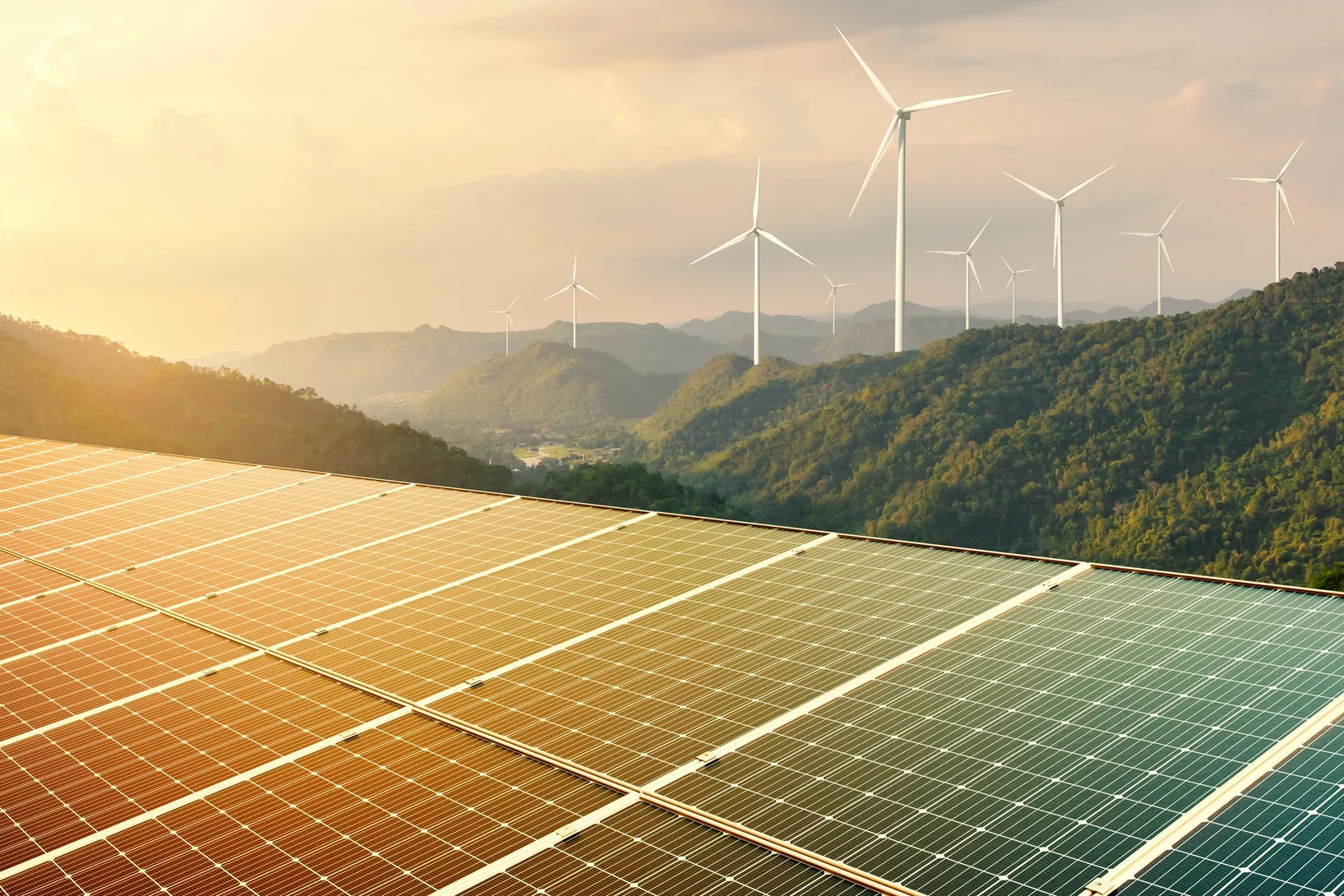The Technology Assessment group is part of the multi-disciplinary Laboratory for Energy systems Analysis (LEA) at the Paul Scherrer Institute (PSI) and is the continuation of the former GaBE Project. Technology Assessment incorporates a comprehensive range of research areas to achieve three main objectives:
- To improve understanding and thereby enable comparisons of current energy technologies and future energy options for the electricity, heating and transport sectors based on environmental, economic and socially relevant factors.
- To provide quantitative, systematic, and interdisciplinary assessments of energy technologies and energy supply strategies through the development and application of consistent methodological frameworks and databases.
- To support rational decision-making for sustainable development in the Swiss and international energy sectors, and to communicate balanced research findings to decision-makers and stakeholders.
Latest News
Electric vehicles could catch on in Africa sooner than expected
Electric vehicles could become economically competitive in many African countries before 2040.
Targeted funding of innovation for the energy transition
How do innovations arise and how can they be specifically encouraged for the energy transition? PSI researcher Michael Weinold has been looking into this question using LED lamps as an example.
Net zero: Taking raw materials into account
A new calculation model from PSI illustrates the complex interdependencies between technology, demand for critical raw materials, and environmental impacts on the road to climate neutrality.
Latest Publications
Huang, R., Kadziński, M., Figueira, J. R., Corrente, S., Siskos, E., & Burgherr, P. (2026). A Modular Simos-Roy-Figueira Framework for Tailored Weight Elicitation in Multi-Criteria Decision Aiding. Expert Systems with Applications. doi:10.1016/j.eswa.2026.131315
Noll B., Graff D., Schmidt T.S., Patt A., Bauer C., Agutu C., Asiimwe P.K., Diemuodeke O.E., Krygsman S., Nienkerke I., Tröndle T., Moretti C. (2026) Battery-electric passenger vehicles will be cost-effective across Africa well before 2040. Nature Energy. doi: https://doi.org/10.1038/s41560-025-01955-x
Weinold, M.P. and McKenna, R. (2026). JetFuelBurn: A Python package for calculating fuel burn of commercial aircraft. Journal of Open Source Software. doi: 10.21105/joss.09280
Open Positions
We are looking for Master, Semester and Project students to join the group!
MSc Thesis Openings
Semester Project Openings
The Master in Energy Science and Technology (MEST) program of ETH Zurich also advertises positions.
Open Now
MSc Thesis:
Policy Measures for the Swiss Energy Transition




